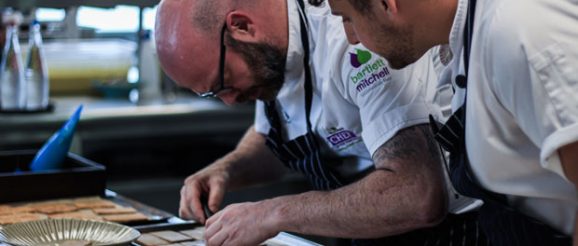Workplace wellbeing overtakes innovation – FMJ

According to research conducted by independent catering business, Bartlett Mitchell, workplace wellbeing will be more important to organisations than product and service innovation
Titled ‘Reimagining Catering post Covid’, the research, involving leading catering and FM professionals, which was carried out via webinars, and direct engagement with clients and consultants – producing a mixture of quantitive and qualitative data, also found that 80 per cent of people are still formulating how their company will implement remote working practices, with a further 75 per cent concerned about the challenge to company culture from hybrid working.
With the return to the workplace still being impacted by the government’s Covid-enforced lockdown, building footfall is still uncertain in some industries says Barlett Mitchell. Adding it is widely believed that the role of catering in bringing people together will be crucial in the next 12 months.
The research suggested in order to respond to customers’ changing needs, and to enhance their experience, there also needs to be a greater investment in technology-based catering services. This, in part, has come from the changes that consumers have had to make in their personal lives when ordering – with more services now reliant on apps. It is also believed that we are likely to see more smart tills and smart vending being introduced into workplace catering.
Although technology will be integral to enhance customer experience, feedback emphasised that it should not replace great food and service. A number of respondents pointed to the introduction of the ‘Community Manager’ in their workplaces – a dynamic role that is shaping a new type of workplace. The role bridges numerous traditional operational departments, enhancing an employee’s workplace experience.
The relationship between catering, FM, HR, and community managers is expected to play a significant role in how companies shape their future workforce relations.
Wendy Bartlett, founder, Bartlett Mitchell, said: “This research has been invaluable in helping us shape our future direction and activity.
“We know that organisations are going to have to adapt quickly, and sometimes regularly, to enable them to continue creating a work environment that is going to be fit for the new ways of working.
“It is quite telling that so many people are prioritising wellbeing above and beyond any product or service innovation. People are going to make the biggest difference in our new economy.”
